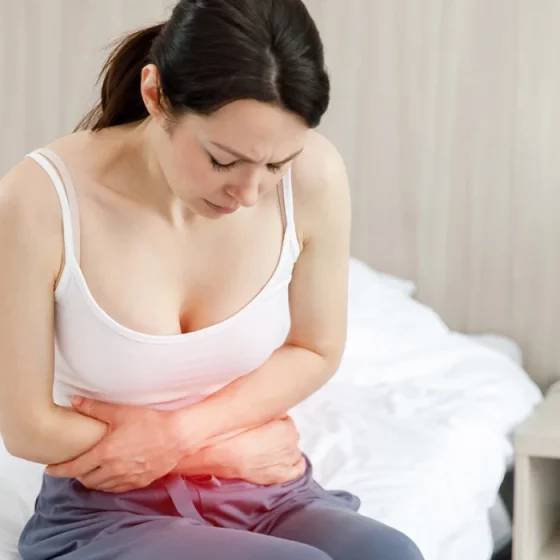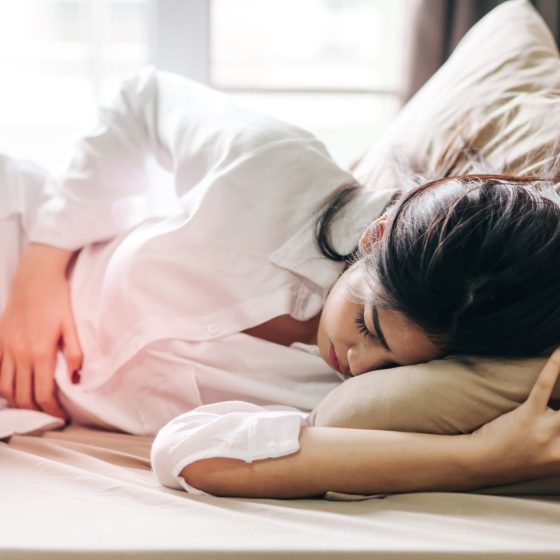Vaginismus
Vaginismus causes the muscles around the vagina to tighten involuntarily. This can cause some pain and discomfort. Vaginismus can occur whether you have had sex or not. Vaginismus usually occurs when the genital area is touched. This can be before sexual intercourse, before trying to insert a tampon, or during a gynaecological examination, for example. What are the causes of vaginismus? There are several possible causes of vaginismus. These include physical and psychological factors, such as: trauma during childbirth medical conditions like recurrent UTIs, yeast infections (thrush), chronic pain syndromes, endometriosis rape, sexual abuse or assault in the past a





